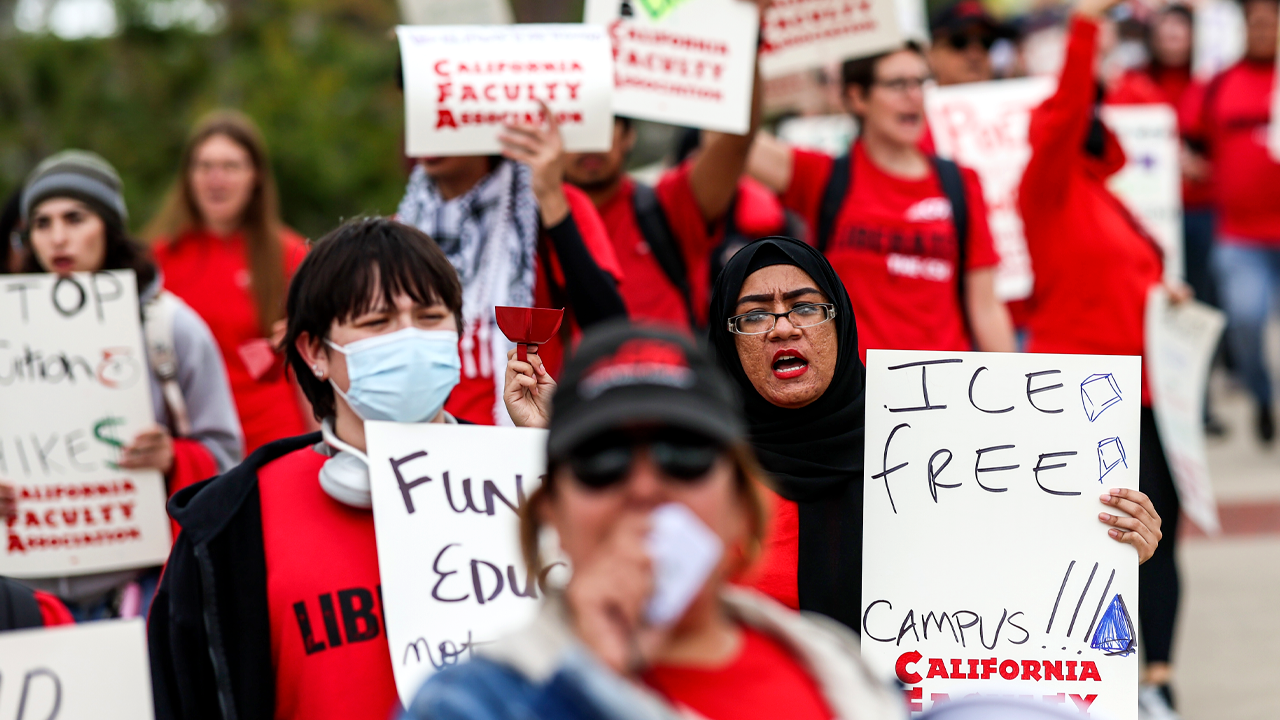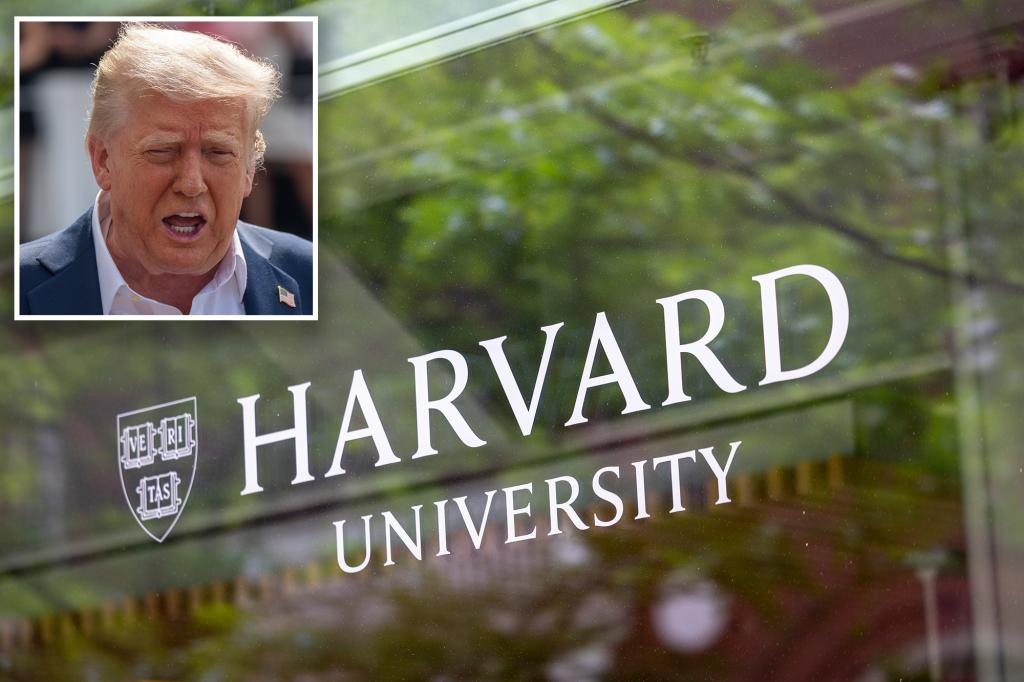International Students Urged to Return Before Uncertain Political Changes
As political tensions rise ahead of the inauguration of President-elect Donald Trump, educational institutions across the United States are advising international students to return to their campuses as soon as possible. This proactive approach aims to mitigate potential disruptions to their academic journey, ensuring that students can continue their studies amidst growing uncertainty surrounding U.S. politics. The political climate in the U.S. has become increasingly volatile, leading to concerns over potential changes in immigration policies, safety, and academic access for foreign students.
Why the Rush? The Political Climate in the U.S. and Its Impact on International Students
In the lead-up to Trump’s inauguration in January, the atmosphere in the U.S. has been charged with political division. From concerns about tightening immigration laws to shifting policies on visas and foreign workers, international students find themselves at the crossroads of potential political upheaval. Schools are acting preemptively to advise students to return to campus sooner rather than later, fearing that post-inauguration actions could potentially disrupt their academic and personal lives.
- Immigration Policy Changes: Trump’s administration has repeatedly indicated that it plans to introduce stricter immigration laws, including changes to visa policies that may impact foreign students.
- Political Uncertainty: With tensions rising over domestic and foreign policies, students from abroad may face challenges related to visas, deportation, or changes in their student status.
- Campus Safety Concerns: The shift in political rhetoric could lead to an increased focus on national security, potentially affecting the safety and rights of international students.
Universities Responding to Concerns
In response to the growing uncertainty, universities are taking proactive steps to ensure that international students are not caught off guard by any sudden changes. Many institutions have issued statements advising students to return to campus as soon as possible, ahead of any potential policy shifts. Schools are also offering additional support services, including legal advice, visa extension guidance, and informational seminars to help students understand their rights and options in the face of political change.
Harvard University, Stanford University, and the University of California system, among others, have specifically urged international students to complete their coursework or return to the U.S. in anticipation of any travel restrictions or changes in visa regulations that may arise after Trump’s inauguration. With these schools being among the top choices for international students, their guidance is particularly influential.
The Impact on Students: A Personal and Professional Challenge
The political climate poses not only a logistical challenge but also a psychological and emotional one for many international students. For students from countries with a contentious relationship with the U.S., such as Iran, Syria, and Venezuela, the uncertainty over their ability to stay in the U.S. has created a cloud of anxiety over their educational futures. The fear of visa denials, travel bans, or delayed entry to the U.S. could have severe consequences on their academic progression.
On the other hand, students who have been living in the U.S. for several years may face challenges in deciding whether to stay or return to their home countries. Their connections to the country, friendships, internships, and other opportunities make the decision even more complex. Many international students, particularly from regions like East Asia, Europe, and Latin America, are facing a dilemma of whether to continue their studies or go home and wait for more clarity on the situation.
Broader Implications of Political Tensions for Global Education
The situation also has broader implications for global education. As U.S. institutions work to navigate these challenges, international students are left questioning their future prospects. For many, the U.S. remains the top destination for higher education, offering unmatched academic resources and opportunities. However, increasing political uncertainty may prompt students to consider alternative destinations such as Canada, the United Kingdom, and Australia, where political environments may seem more stable.
Moreover, the shift in U.S. immigration policies could have long-term effects on the reputation of American universities. With a reduction in the number of international students, U.S. institutions may lose significant revenue from tuition fees. International students contribute an estimated $45 billion annually to the U.S. economy through tuition, accommodation, and other expenses. A decline in this revenue could force universities to reconsider their enrollment strategies, which could, in turn, affect the quality of education offered to all students.
The Importance of Staying Informed and Prepared
For international students, staying informed is crucial during this period of uncertainty. Universities are doing their best to provide timely information, but students must also take proactive steps to ensure they are prepared for potential changes. Here are some steps students can take to minimize disruption to their education and personal well-being:
- Monitor Visa Status: Regularly check the status of your visa and understand any potential changes in policy that may impact your stay.
- Seek Legal Guidance: Consult with university immigration lawyers or external legal services to better understand your rights and options in case of any policy shifts.
- Keep Records: Maintain up-to-date records of your academic progress, visa status, and any correspondence with your school or immigration authorities.
- Plan for the Unexpected: Be prepared for the possibility of travel bans or disruptions in campus activities and be ready to act quickly if needed.
Looking Ahead: The Role of Education in Bridging Political Divides
As political divisions continue to grow, education systems worldwide must play a critical role in fostering understanding and cooperation across borders. The future of international students in the U.S. will depend not only on the policies of the incoming administration but also on the resilience of global educational institutions. The importance of maintaining academic exchanges and creating environments that are welcoming and supportive of diverse populations cannot be overstated.
The ability to study abroad is more than just an academic opportunity; it is a tool for global collaboration, cultural exchange, and the creation of networks that can address the complex issues facing our world today. In this increasingly interconnected world, it is essential for countries, universities, and students to work together to ensure that education remains a force for good, even amidst political turmoil.
Conclusion: A Call for Caution and Vigilance
As international students face an unpredictable political landscape in the United States, their safety, well-being, and academic progress are at the forefront of concerns. Universities are responding with caution and proactive measures to help students navigate this uncertain period. However, it is important for students to stay informed, prepared, and resilient as they face a new era in U.S. politics.
Ultimately, the political and academic challenges faced by international students during this time are a reflection of broader global dynamics. By maintaining open lines of communication, leveraging the resources available to them, and adapting to the changing environment, international students can continue to thrive despite the uncertainty that lies ahead.
For further information on how U.S. universities are assisting international students, please visit University World News for updates on policy changes and guidance.
See more TED Talks World



